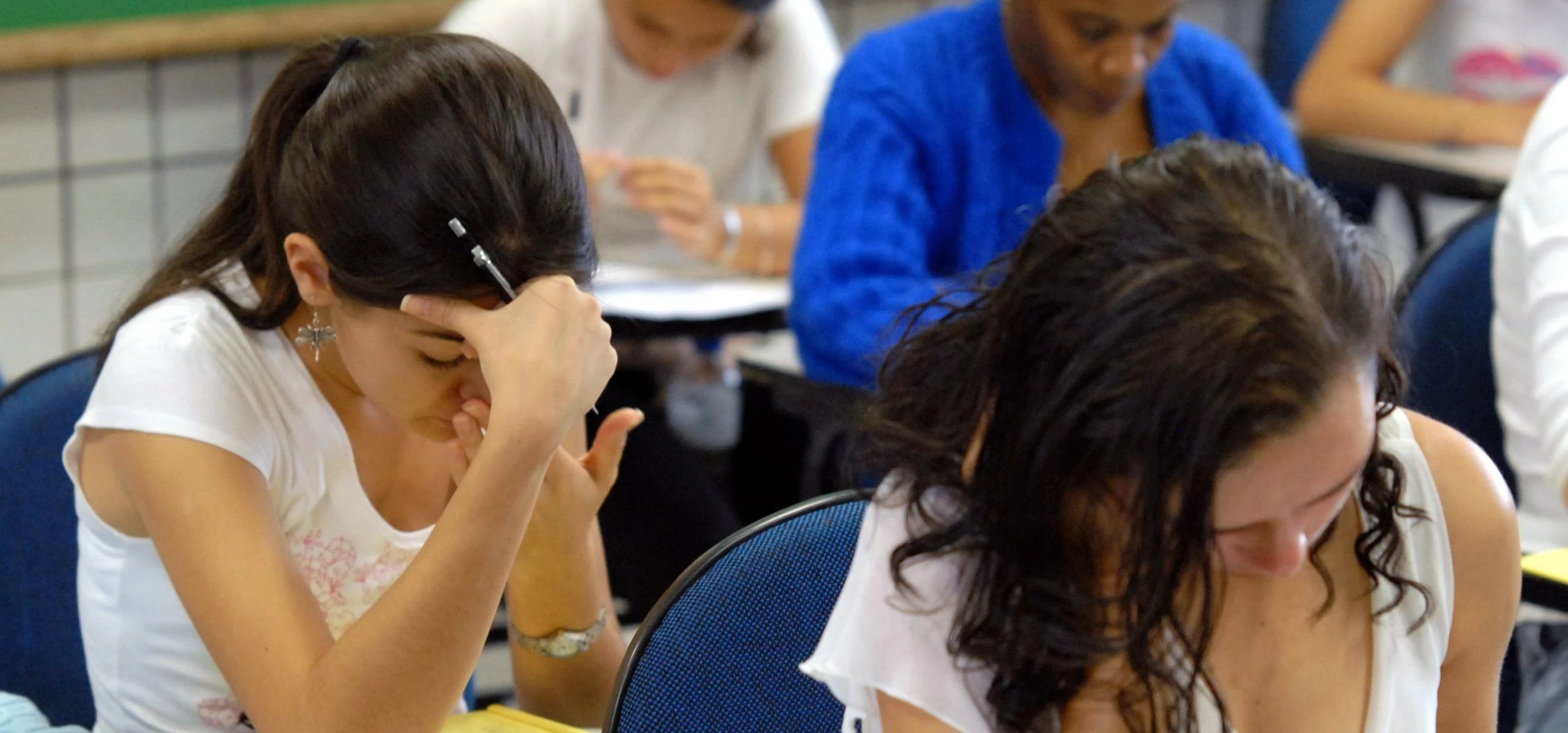
Partner Article
Top tips to avoiding divorce damage to children’s GCSE chances
As thousands of Yorkshire teenagers who have finished their mock GCSEs now begin the nail biting countdown to real exams in May, divorcing parents should consider the impact of their split on their children’s academic performance.
Resolution, the organisation representing 6.500 lawyers and professionals, reported at the end of last year that around one in five young people whose parents had divorced said their exam results suffered, two thirds (65%) claimed their GCSE results were affected - and 44% admitted they consequently struggled with their A Levels.
The survey of 14- 22 year olds revealed that almost a quarter (24%) struggled to complete homework, essays or assignments.
Despite outward appearances of being adults, teenagers are often vulnerable and lacking in confidence in these formative years. Teenage angst can be inflamed by parental separation and divorce, leaving youngsters feeling powerless and without a voice.
Parents must put the needs of their children first so that they retain a good relationship with both mum and dad. As exams approach, teenagers will need extra practical and emotional support.
Here are our tips for helping parents to ensure that divorce doesn’t damage their children’s GCSEs:
Keep a lid on your feelings about your ex and avoid confrontation in front of your children
Taking an amicable and constructive approach to separation and divorce will have positive and lasting benefits beyond the few months leading to your teenager’s exams
Don’t use children as pawns in your relationship with their other parent. They need to be reassured that they can love both parents and they should never be used as a bargaining tool or a go between
Collaborative lawyers will encourage you to take a holistic approach to managing the fallout of your separation. That can mean turning to counsellors, therapists and other family workers for extra support to help your children manage their feelings and cope with their parents’ split
Listen to your teenagers and allow them space and time to talk about their feelings. If they can’t talk to you or your ex, they might open up to an empathetic family member, friend or a professional
Teenagers preparing for GCSEs will need appropriate space and resources for their revision. If they split their time between two family homes, can they study quietly away from distractions - and will they have any equipment they need, such as a computer?
Be practical and show your children you care about them by putting their interest first. Consider adapting the usual arrangements for spending time with each parent as exams approach. For example, a mid-week stay with dad or a weekend visit to grandparents may disrupt a teenager’s studies – and may add extra pressure if they forget to bring the necessary revision books. Therefore, be willing to compromise based on what is best for your son or daughter
If you have any concerns about your child’s physical or emotional wellbeing, for example if you spot changes in eating, signs of alcohol or drug use, then seek external professional help immediately.
There are some useful online resources to help parents and children. Mental health charity Young Minds has a divorce section on its website and signposts to useful websites. The organisation also has a specific parents’ helpline for mums and dads concerned about their children’s mental wellbeing. Kids in the Middle is new organisation to help young people deal with separation and divorce. The Royal College of Psychiatrists produces a factsheet with practical advice for parents and children on dealing with the effect of divorce.
For more information, visit www.jonesmyers.co.uk or call 0113 246 0055.
This was posted in Bdaily's Members' News section by Jones Myers LLP .
Enjoy the read? Get Bdaily delivered.
Sign up to receive our popular morning National email for free.








 Raising the bar to boost North East growth
Raising the bar to boost North East growth
 Navigating the messy middle of business growth
Navigating the messy middle of business growth
 We must make it easier to hire young people
We must make it easier to hire young people
 Why community-based care is key to NHS' future
Why community-based care is key to NHS' future
 Culture, confidence and creativity in the North East
Culture, confidence and creativity in the North East
 Putting in the groundwork to boost skills
Putting in the groundwork to boost skills
 £100,000 milestone drives forward STEM work
£100,000 milestone drives forward STEM work
 Restoring confidence for the economic road ahead
Restoring confidence for the economic road ahead
 Ready to scale? Buy-and-build offers opportunity
Ready to scale? Buy-and-build offers opportunity
 When will our regional economy grow?
When will our regional economy grow?
 Creating a thriving North East construction sector
Creating a thriving North East construction sector
 Why investors are still backing the North East
Why investors are still backing the North East